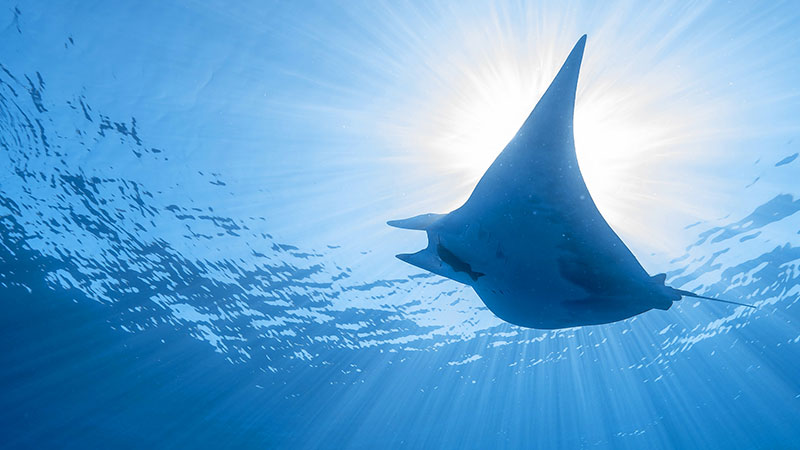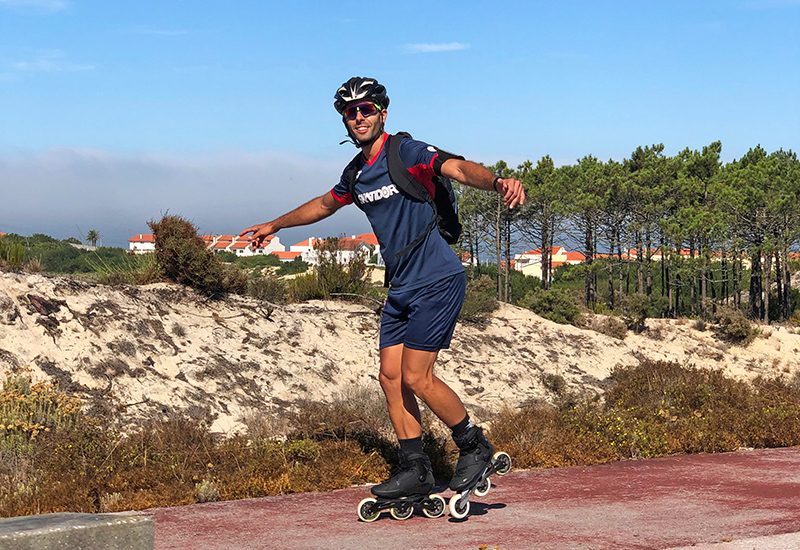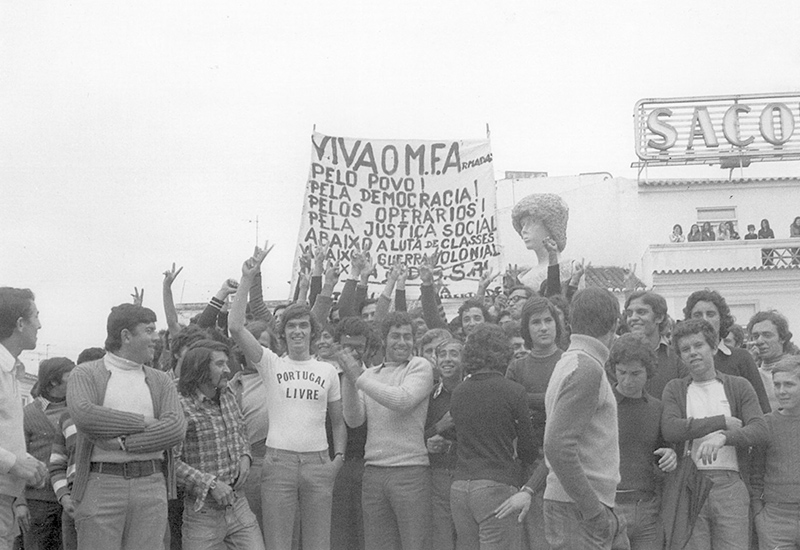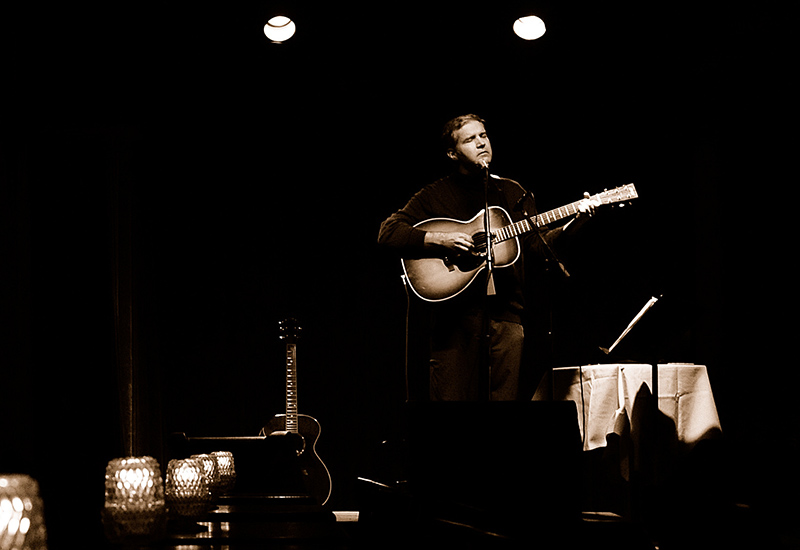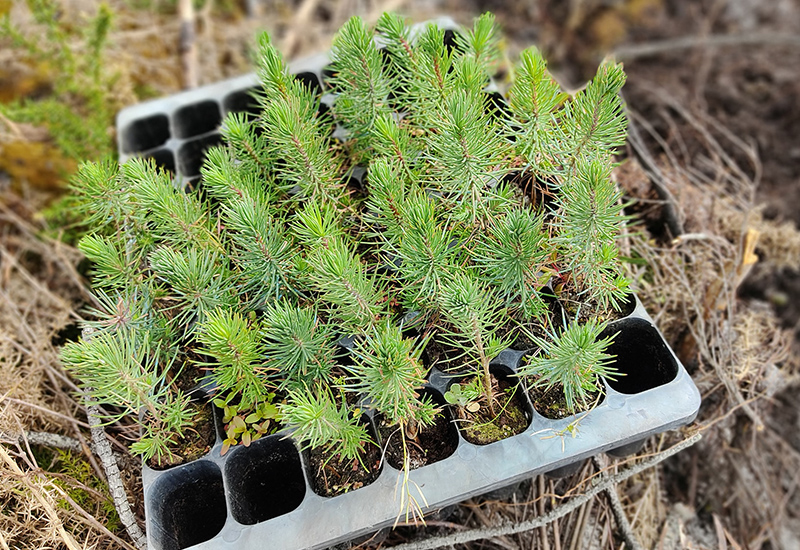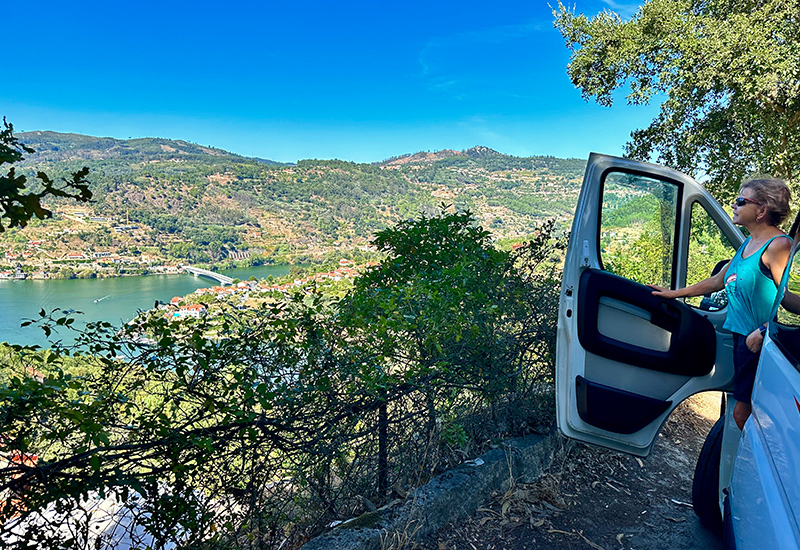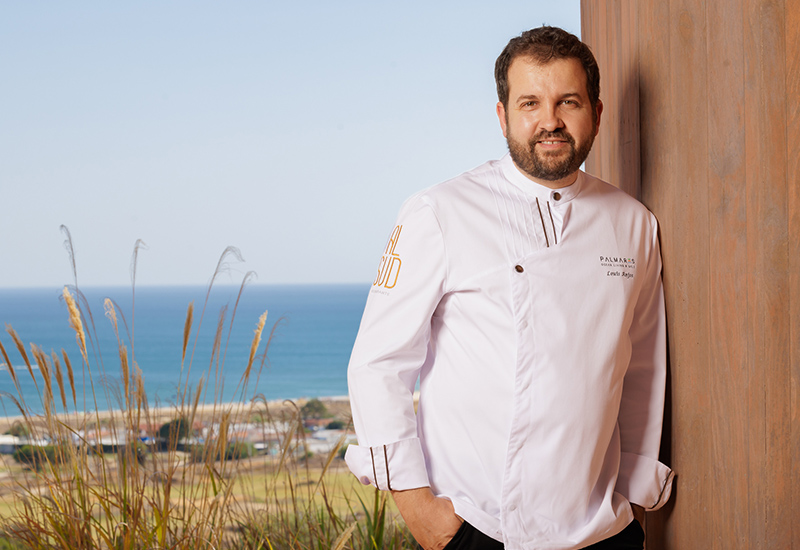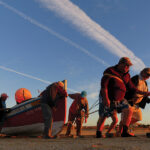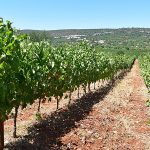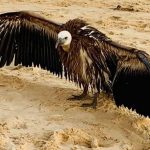According to a report by the World Economic Forum (WEF), it is predicted that there will be more plastic than fish in our oceans by 2050. Anyone who has stood on the shoreline of a receding tide has seen first-hand how much plastic waste is being washed up on our beaches.
This is one of the many reasons why the Oceano Azul Foundation was established. As a private, non-profit organisation, the Foundation is dedicated to the conservation and sustainable use of the ocean. Conservation project manager Vanda Lobo talks to David Lugg about its objectives.
Please explain a little about the foundation.
We are facing a climate emergency, particularly in the ocean. It is necessary to adapt our behaviours to allow the coexistence of human development, and the protection and conservation of blue natural capital (the ocean’s resources).
The Oceano Azul Foundation supports projects on literacy, conservation and the blue economy – the exploitation, preservation and regeneration of the marine environment. The Foundation works with governments, foundations and civil society organisations to advance the international ocean agenda.
Is the Portuguese government doing enough to increase public awareness about ocean conservation and sustainability?
In the last 20 years, Portugal has reintroduced the sea into its political dialogue, but the country still needs to ‘swim a few miles’ to truly be a reference in ocean matters. Portugal, having the largest marine area in Europe, is surrounded by vast blue natural capital. It is essential to protect the economy and health of future generations.
Last year, a law was introduced in Portugal to fine anyone caught throwing cigarette butts onto the floor. However, many of the beaches in the Algarve are still littered with them. Is there a solution?
Cigarette butts are the most common item of marine litter worldwide. In addition to its plastic fibres, they leach nicotine, heavy metals and many other chemicals into the surrounding environment, including the ocean.
The biggest problem is that most smokers don’t see cigarette butts as litter. While many believe that cigarette butts are biodegradable, they are not. They have plastic fibres that take years to degrade and, in the process, break down into tiny pieces of plastic called microplastics. From that stage on, it is no longer possible to remove them from the environment.
Laws supported by scientific knowledge are important and must be put into practice. But to reinforce the effectiveness of the law, it is necessary to raise awareness on this matter and provide the means for smokers to correctly discard their litter.
The foundation was active in promoting ‘International Coastal Clean-Up Day’ in September. How successful was the event?
Over the past three years, this initiative has brought together more than 19,000 volunteers, in which over 225 entities organised 1054 clean-ups, collecting 170 tons of litter. The Oceano Azul Foundation, with the support and involvement of national organisations, hopes to increase these numbers in 2022, and get more citizens involved and aware that they can make a difference.
Public awareness of ocean conservation is probably at an all-time high, yet it is estimated that around eight million pieces of plastic enter our oceans every day. Where are we going wrong?
The most important (aspect) is to change our consumption habits. We must refuse, reuse, and recycle when possible. Single-use disposable items or products with too much packaging are the most common litter items found on our beaches and in our oceans. Nevertheless, citizens are not the only ones that have to change their behaviour – companies also have a very important role. It is important for companies to think about the lifecycle of their products and the impact they have on our environment.
The Ria Formosa Natural Park near Olhão has seen a decline of 90% of its seahorses in the past 20 years. What is being done to protect them?
Due to the illegal capture to supply the Asian markets, as well as other factors like habitat degradation and pollution, there has been an acceleration in the decline of seahorses. In 2018, the Oceano Azul Foundation became aware of the critical situation and launched a public campaign – Save the Seahorses of the Ria Formosa – to raise awareness for the urgent need in protecting these species and developing a recovery plan.
The Algarve is home to one of the largest coastal reefs in Portugal. How important is this reef?
It is scientifically proven that one of the most effective ways to protect marine life is by implementing well-managed marine protected areas. When properly designed and implemented, they produce more fish, larger fish and sustain a greater diversity of species. In turn, we can have higher-valued economic activity, with a greater return for fishing and more sustainable tourism.
Last May, the Oceano Azul Foundation and the Centre for Marine Sciences of the University of Algarve delivered a proposal to the Portuguese Government for the creation of a Marine Protected Area of Community Interest – The Marine Natural Park of the Algarve Reef. This innovative process results from a collective drive to protect this reef and to promote the sustainability of traditional economic activities that depend on it. This natural reef hosts a rich and biodiverse marine life. Approximately 900 species live here, corresponding to 70% of all coastal species identified in the Algarve.
If nothing is done, we will not be able to reverse this decline and entire communities dependent on this reef and its natural resources will also disappear.
Photos © Emanuel Gonçalves
